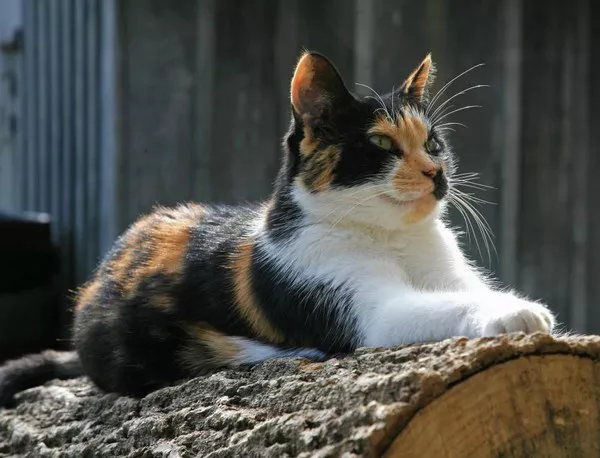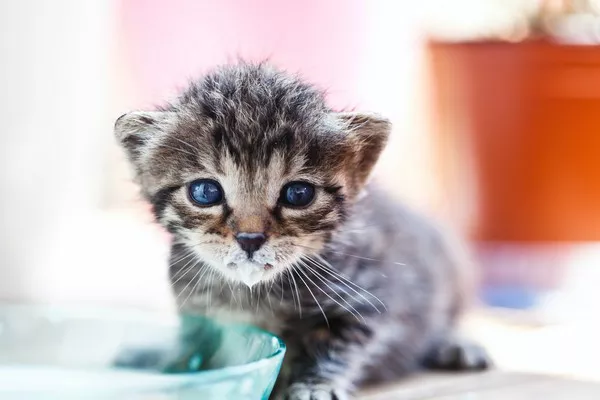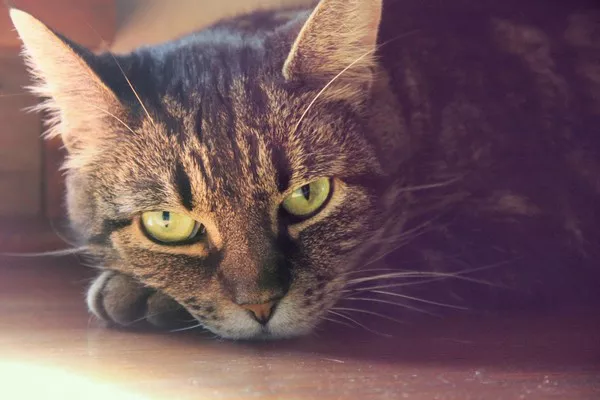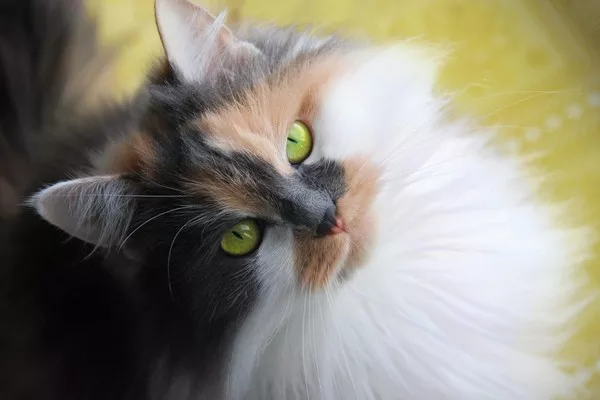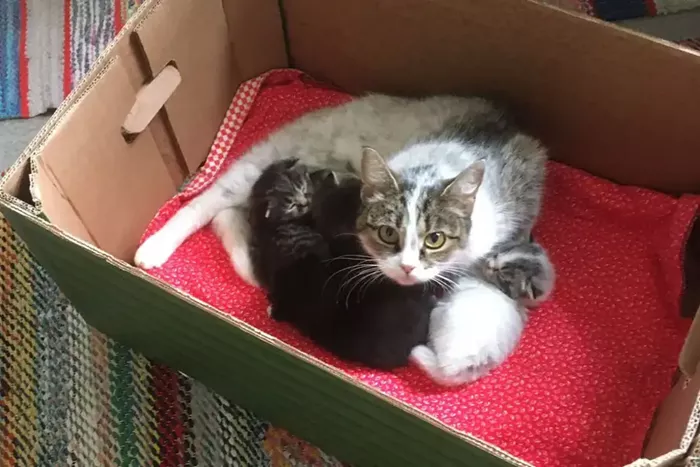Calico cats are known for their striking tri-colored coats, a patchwork of white, black, and orange that makes them instantly recognizable. These cats are not a specific breed but rather a color pattern that can occur in many different cat breeds. Their unique appearance and often spirited personalities have made them a favorite among cat enthusiasts. But beyond their beautiful coats, are calicos good cats? This article will delve into the characteristics, behaviors, and overall suitability of calico cats as pets.
The Genetics Behind Calico Cats
Calico cats owe their distinctive coloration to a fascinating genetic process. The calico pattern results from a combination of genetic factors that involve the X chromosome. In cats, coat color is linked to the X chromosome. Females have two X chromosomes (XX), while males have one X and one Y chromosome (XY). The calico pattern occurs almost exclusively in females because they have two X chromosomes, which allows for the expression of two different color genes.
One X chromosome carries the gene for black fur, while the other carries the gene for orange fur. The presence of a third color, white, is due to a separate gene that causes white spotting. Male calicos are extremely rare, occurring only when a male cat inherits an extra X chromosome (XXY), a condition known as Klinefelter syndrome.
Calico Personalities: Myth vs. Reality
There is a popular belief that calico cats have unique personalities, often described as sassy, spunky, and independent. This perception may be influenced by the rarity and distinctive appearance of calicos, leading people to attribute special traits to them. However, it is essential to understand that a cat’s personality is shaped by a combination of genetics, early socialization, and individual experiences.
Myth: Calicos Are More Temperamental
One common myth is that calico cats are more temperamental or aggressive than other cats. While some owners report that their calico cats are feisty or have strong personalities, these traits are not exclusive to calicos. Like any cat, calicos can exhibit a wide range of behaviors and temperaments, from affectionate and gentle to independent and aloof.
Reality: Individual Variation
The truth is that calico cats, like all cats, have unique personalities. Factors such as breed, upbringing, and environment play a more significant role in shaping a cat’s behavior than coat color. Therefore, when considering a calico cat as a pet, it is more important to assess the individual cat’s personality and how well it matches your lifestyle and preferences.
Caring for Calico Cats
Caring for a calico cat involves the same basic principles as caring for any other cat, but there are some considerations specific to their distinctive coat and potential health issues.
Grooming Needs
The grooming needs of a calico cat will depend on whether it has short or long fur. Long-haired calicos, such as Persians or Maine Coons, will require regular brushing to prevent mats and tangles. Short-haired calicos, like Domestic Shorthairs, typically need less grooming but can still benefit from regular brushing to reduce shedding and hairballs.
Health Considerations
While calico cats do not have any specific health problems directly related to their coloration, it is important to be aware of common feline health issues. Regular veterinary check-ups, vaccinations, and preventive care are essential to keep your calico cat healthy. Male calicos, due to their rarity and genetic anomaly (XXY chromosomes), may have additional health concerns and a shorter lifespan compared to female calicos.
Nutrition
A balanced diet is crucial for maintaining the health and well-being of your calico cat. High-quality commercial cat food that meets AAFCO standards is generally recommended. Ensure your cat has access to fresh water at all times and monitor their weight to prevent obesity, which can lead to various health issues.
The Social and Emotional Needs of Calico Cats
Like all cats, calicos have specific social and emotional needs that must be met to ensure they lead happy and fulfilling lives.
Interaction and Play
Calico cats, like their feline counterparts, benefit from regular interaction and play. Engaging your cat with toys, scratching posts, and interactive play sessions helps to stimulate their minds and keep them physically active. This is especially important for indoor cats, who may not have the same opportunities for exercise and exploration as outdoor cats.
Affection and Bonding
Building a strong bond with your calico cat involves providing affection, attention, and a safe, comfortable environment. While calicos can be independent, many also enjoy spending time with their human companions, whether it’s through petting, grooming, or simply sitting together. Each cat is different, so it is essential to understand and respect your calico’s individual preferences for affection and interaction.
Are Calicos Good Cats for Families?
When considering whether a calico cat is a good fit for your family, several factors come into play. As with any pet, it is crucial to consider the needs and dynamics of your household.
Compatibility with Children
Calico cats, with their varied personalities, can be good companions for children. It is essential to teach children how to interact with cats respectfully and gently to ensure positive experiences for both the cat and the child. Supervising interactions between young children and cats can help prevent accidental injuries or stress for the cat.
Compatibility with Other Pets
Calico cats can get along well with other pets, including other cats and dogs, provided they are properly introduced and socialized. Each cat’s temperament will play a significant role in how well they adapt to a multi-pet household. Gradual introductions and creating a harmonious environment with plenty of space and resources for all pets can help facilitate peaceful coexistence.
Conclusion
Calico cats are undoubtedly special, both in appearance and personality. While myths about their temperament persist, the reality is that calico cats, like all cats, are individuals with unique traits shaped by a combination of genetics, upbringing, and environment. They can make wonderful pets for the right families, providing companionship, entertainment, and affection.

